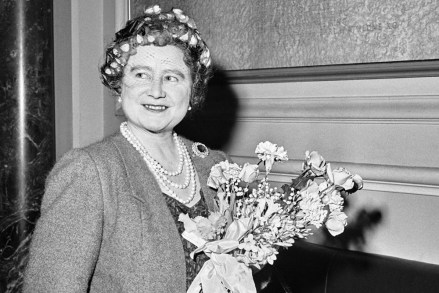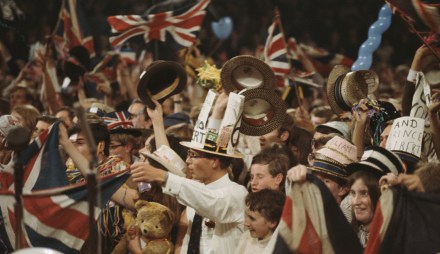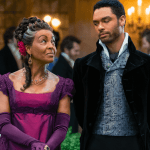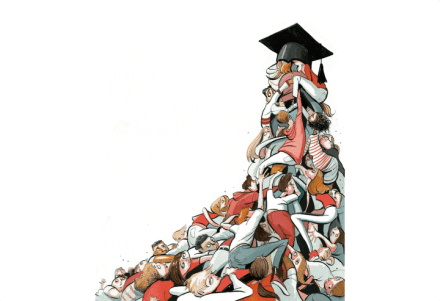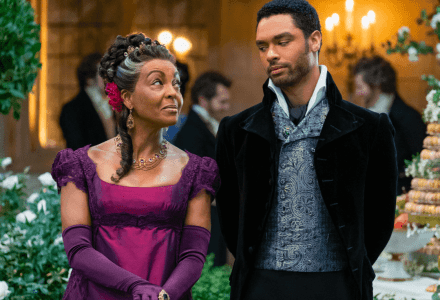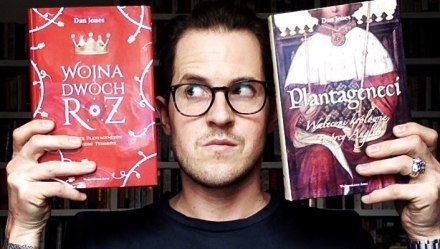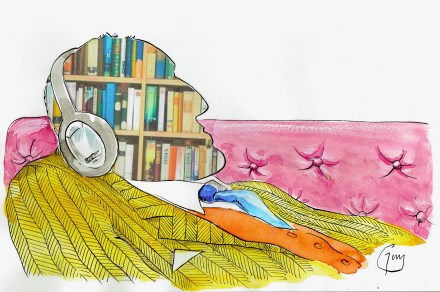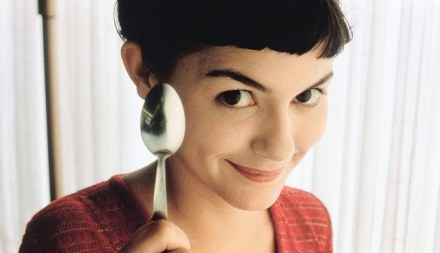The invisible boundaries of everyday life
Norman Shrapnel, the wise and kindly parliamentary correspondent of the Guardian back in the day when it was a readable newspaper, tried never to give a book a bad review. He liked to say that anyone who had taken the time and trouble to write about anything at length deserved to be given the benefit of the doubt, and so he generally dipped his reviewer’s pen in honey rather than vinegar. I must say that on picking up Maxim Samson’s Invisible Lines, I felt quite otherwise. I wanted at first (an important caveat) to paint my laptop’s entire screen with vitriol. Within two pages I’d begun to loathe the author’s



